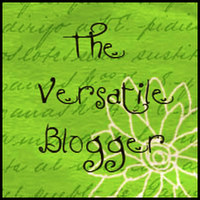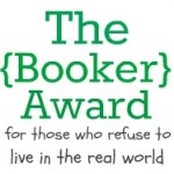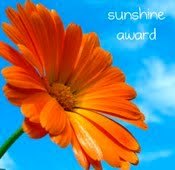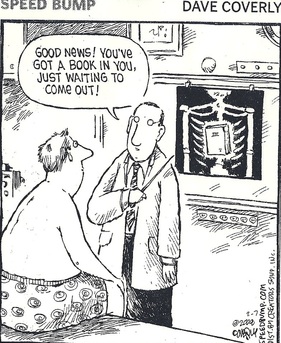
Well, fast forward 10 years and what do we have? Now it is easier than ever to self-publish your own book. With POD services your book will only be printed every time someone orders it. If no one wants it, you will not have to stare at a pile of moldering books in your basement. And if you self-publish an e-book it can remain on the shelves forever. Your book will not have to die for lack of sales. You have the rest of your life to figure out how to sell it at your own pace. The only deadlines you will have to deal with are those that you impose on yourself.
But apart from the technology I want to say the following. There are stories inside you waiting to be told. Even if we accept Mr. Epteins’s argument, which boils down to “most people are not good enough to write a book,” who cares? Yes, who cares if your book is only as good as the next? Do you always dine only in the best restaurants? Do you always wear only the most expensive clothes? Do you always watch only Oscar winning movies? Why should books be any different? What is wrong with average?
You should write your book and then go out there and find your readers. And yes, it is almost certain that you won’t be the next J.K. Rowling or the next Stephenie Meyer. It is almost certain you won’t win a Pulitzer Prize. It is also almost certain that you won’t be able to quit your day job. But there are hundreds of millions of readers out there who can be reached through the internet. Therefore it is equally almost certain that there is someone somewhere who will be interested in your book. Your story is part of the legacy that you leave humanity, do not keep it inside you; put it “out there” where it belongs!


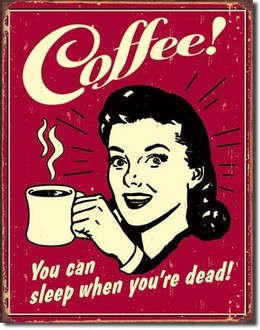
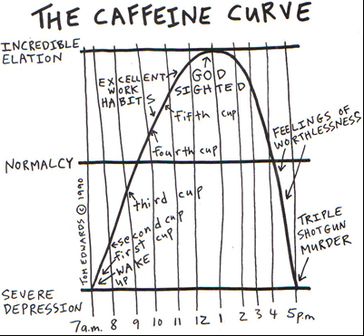

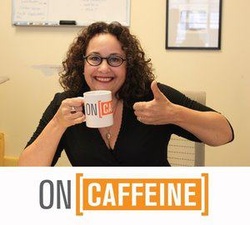
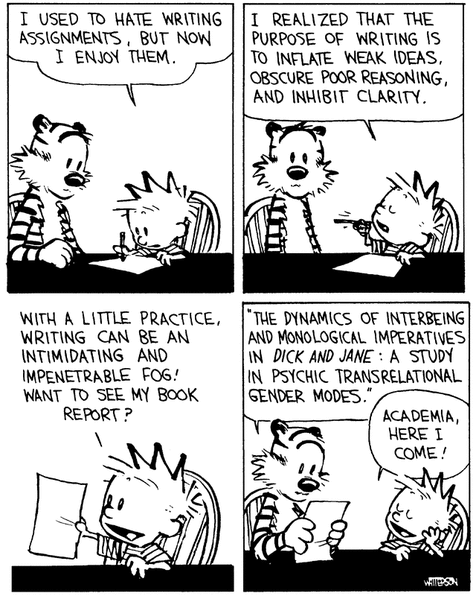
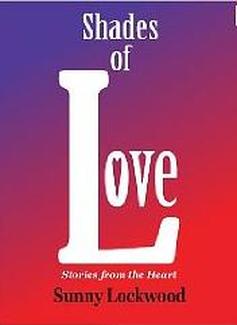
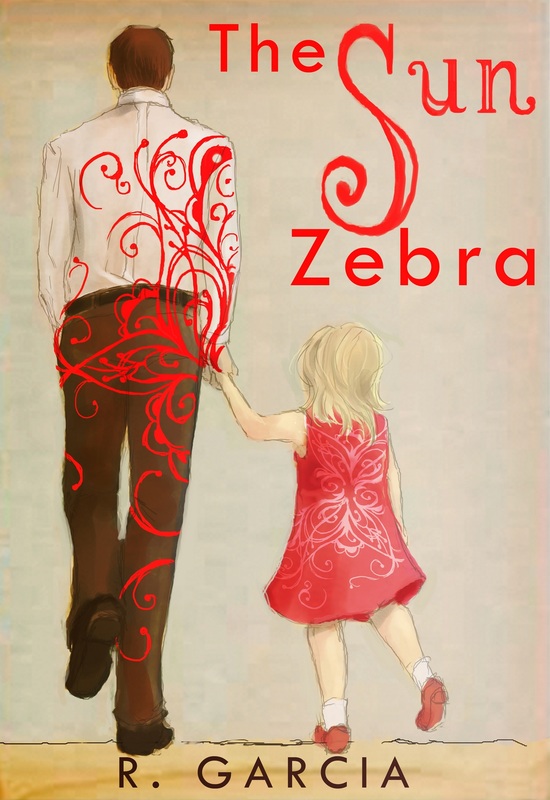

 RSS Feed
RSS Feed
